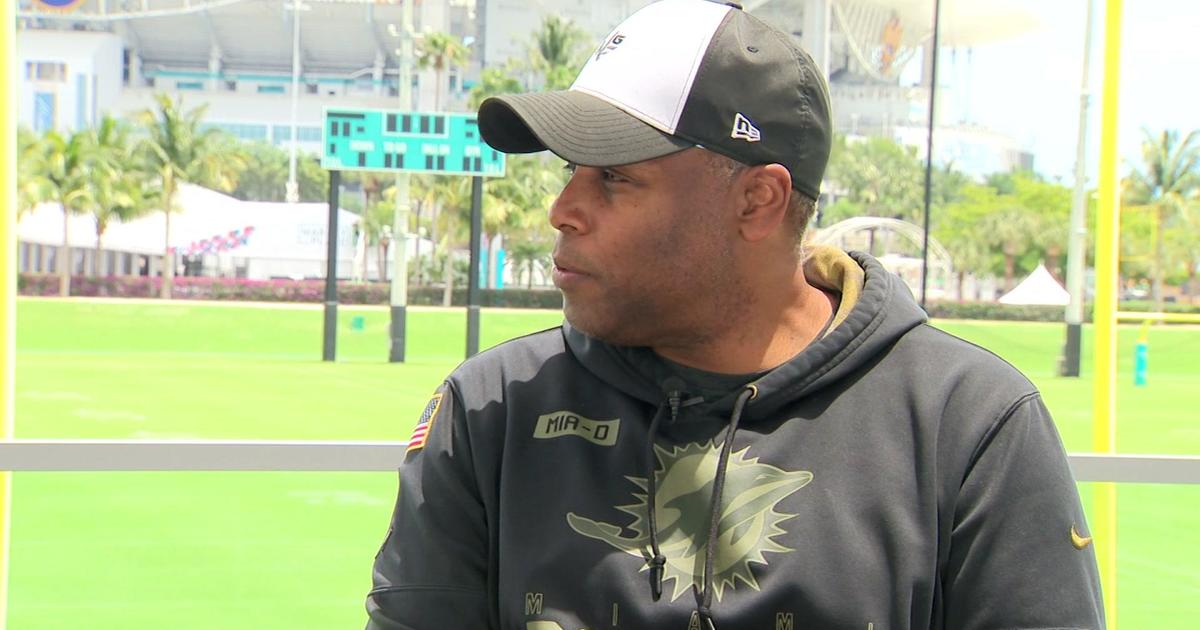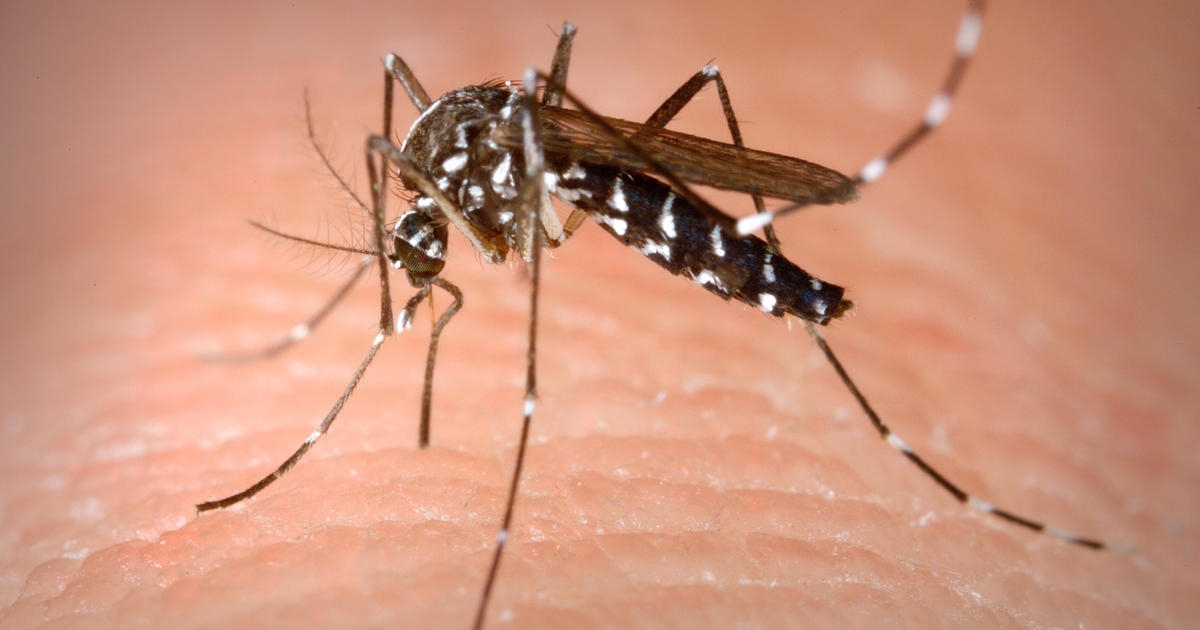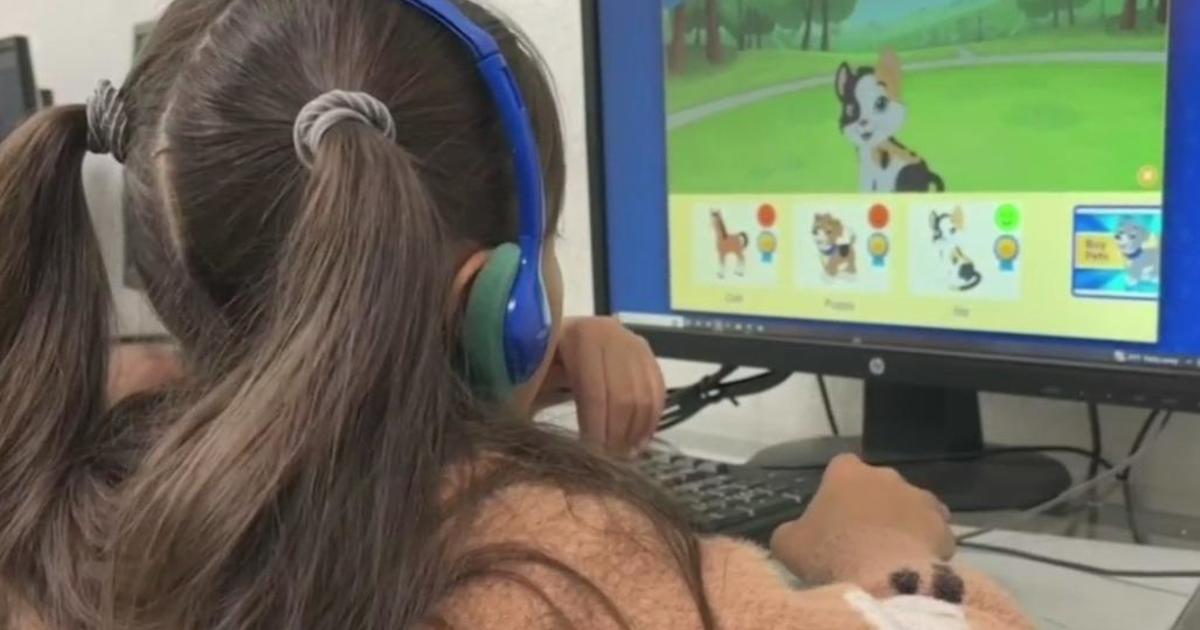I-Team: Pick-Pocketing Crooks Going High Tech
MIAMI (CBS4) - It's the latest battleground between credit card companies trying to make "smart cards" easier to use with more of your financial data and identity thieves trying to rip you off.
"People pick pockets; actually take people's wallets out of their pocket. This is far easier than that," said Walt Augustinowicz of Identity Stronghold, a product designed to help you protect your identity.
It's called electronic pick-pocketing: crooks read your account information inside the hi-tech chips of your latest "smart credit cards".
Rene Hilton worries about identity theft whenever she uses her credit cards.
"I'm very nervous about that, I'm telling you I got goosebumps just thinking about something like that. They could pass right by me and they could get all my information just like that. It's like a robbery. That's ridiculous," said Hilton.
Innovative technologies like smart cards, speed passes, and intelligent passports all use small circuits to store your most private data.
Federal investigators confirm that illegally intercepting the information right out of your pocket is possible.
"The owner of the device that has the credit card may not know somebody's reading it," said Special Agent James Porter, who works out of the Miami field office of the U-S Secret Service.
It's such a hot topic, electronic pick-pocketing was featured recently on the hit show "NCIS" showing an I-D thief harvesting credit card numbers from victims walking down the street.
But the CBS4 I-Team investigation found reality may be a lot different than all the drama.
That's because the technology may be there in the future, but computer security analysts tell CBS4 Chief Consumer Investigator Al Sunshine it's still not good enough yet to miniaturize a chip scanner into a simple, small device and read smart cards from several feet away without their owners' permission.
But Walt Augustinowicz disagrees.
He makes protective envelopes used to protect smart cards from I-D thieves.
He says he's been able to roam the street and intercept card numbers from consumers all over the country, all with their permission.
"We've done it Indianapolis, Pittsburg, Boston, New York, Toronto, on and on," said Augustinowicz.
But when the I-Team asked him to sweep his scanner through the crowded streets of downtown Miami without tipping anyone off what he was doing, like an I-D thief, he couldn't pick up any numbers. He didn't know if it was because of equipment problems, him being nervous, or no smart credit cards being carried by anyone in Miami.
And the U-S Secret Service confirms it's not aware of any major identity theft rings involving electronic pick-pocketing and investigators discount the potential threat.
Agent James Porter adds, "I would be hesitant to say impossible, but impractical".
The credit card companies say they build "special counter-measures" and security codes into their latest smart cards to make them more difficult copy and use.
MasterCard told CBS 4 News, "If their card was ever compromised, they are, as with all Mastercard payment programs, not responsible for unauthorized transactions on their accounts."
And computer crime specialists tell me the cyber-thieves still have plenty of other low-tech ways to steal credit card data, rather than turning to exposing themselves out in public looking for new victims while waving around electronic scanners.
Electronic Crimes Specialist James Porter adds, "Right now it's a more low hanging fruit theory where it's easier for a criminal to just take somebody's wallet that has a credit card in it or 5 credit cards in it, than to build a device that cost several hundred dollars in order to take multiple people's credit cards."
There are metal wallets and envelopes that can block smart cards from being read by I-D Crooks.
Some new credit cards and high security government I-D's are even being shipped in special envelopes that can prevent the chips being read by any unauthorized people.
Fighting electronic pick-pocketing isn't much different from protecting your regular credit cards: double check your bills and if you see any unauthorized charges, notify your credit card company immediately.
And if you see anyone waving any strange electronic devices on any nearby sidewalks or walkways stay away from them, especially if they seem to be focusing on strangers' wallets or pocketbooks.



